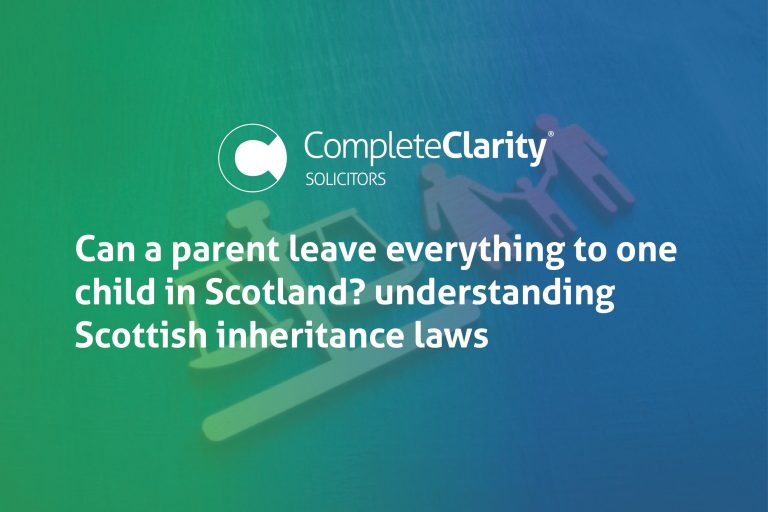Compulsory v voluntary mediation
There exist multiple contentions on the inappropriateness of imposing compelled mediation.
One argument against it is that the concepts are contradictory. The main worry is that making mediation attendance mandatory goes against the cooperative spirit that is the foundation of any other kind of alternative dispute resolution. Most people agree that one of the core tenets of mediation is voluntary participation.
The possibility of unequal bargaining power between the parties is another problem with the idea of required mediation. These disparities show up in a number of ways. Examples include one party’s incapacity to manage finances, another’s inadequate communication abilities, and the location of the child at the start of mediation. Critics of this type of dispute settlement, however, most often ground their views on the problem of domestic violence, which could prevent it from becoming required.
The possibility of rule of law violations is another problem. The premise of this argument is that requiring mediation before parties may resolve conflicts over child custody and visitation deprives parents of a basic right—namely, the ability to utilise the legal system. “The conceptual difficulty with Court imposed mediation [i.e. the human rights argument that mandatory mediation excludes the human right to a hearing] has not acted as a barrier to court–annexed mediation in other jurisdictions, where there is evidence not only that court–annexed mediation can be put in place but that it can change the culture of litigious pursuit,” is my opinion, but it is a myth that should not prevent mandatory mediation from being introduced into Scots Law.
A shift in culture
When someone is involved in a conflict about child custody and visitation, they frequently turn to solicitors as their first line of defence. As a result, they are in the ideal position to counsel their clients on the advantages of willingly trying mediation. Ideally, during the mediation process, the parties should keep their legal counsel in the background. All family and child law lawyers should receive intensive training; at the very least, they should understand what mediation is and how it works. At the very best, they should be certified mediators who can provide firsthand accounts of the process’ advantages.
Mandatory mediation in Scotland will not succeed until many solicitors and the judiciary adopt a new perspective. In family law matters the legal profession needs to take the lead in fostering a less litigation culture.
On the other hand, there are numerous justifications for requiring mediation under Scottish family law. Among the useful benefits are the following:
Costs: A strong argument for the growing use of mediation in family law is that, compared to the traditional legal system, which handles conflicts primarily through the courts, mediation is often less expensive and more cost-effective in terms of legal aid.
Time: the significance of making room for In the UK, court time has never been more.
A Proposed Framework for Scotland
Scottish Courts have had restricted authority over the use of mediation since 1996. Once court procedures have begun, the sheriff may recommend parties to mediation. Parties that decline to participate in court-mandated mediation sessions are not subject to any legal repercussions.
There will soon be a change. A “Pilot scheme for mandatory alternative dispute resolution meetings” and “Funding for alternative dispute resolution” are outlined in Sections 23 and 24 of the Children (Scotland) Act 2020 under the heading “Alternative dispute resolution.”
Section 23 requires the Scottish Ministers to either set up a scheme to make assistance available so that people can pay for alternative dispute resolution procedures or arrange for assistance to be made available from the Scottish Legal Aid Fund so that people can pay for those costs about any action raised or about to be raised involving section 11 (1) of the Children (Scotland) Act 1995 (i.e., parental responsibilities and rights).
According to section 24, the Scottish Ministers are required to set up a pilot programme. In cases covered by the programme, a court may only issue an order under section 11(1) of the 1995 Act if all parties have attended a meeting where the options for resolving the dispute that gave rise to the proceedings are explained. If the program’s terms permit, the court may also decide that it would not be appropriate to require the parties to attend such a meeting.
From here, where do we go?
Mandatory mediation might offer much-needed relief, as Scotland’s civil courts are facing mounting pressure. Although some will always see mediation as a “complementary” approach to resolving disputes, this may not be effective enough. Given the increasing recognition that mediation is the most effective platform for resolving family conflicts, the fact that the process is currently underutilised in Scotland, as well as the success of mandatory mediation in other jurisdictions, it is imperative that mandatory mediation be given careful thought and integrated into the Scottish legal system.
Let each of us who is tasked with protecting children’s welfare do everything in our power to make sure that people who are in close contact with children—parents, grandparents, judges, mediators, teachers, and solicitors—make the best choices and prioritise the needs of the kids wherever feasible. Through mediation, parents—who are the people who matter most to children—can continue to communicate and make choices about them in a way that is secure, orderly, and courteous.
For the benefit of the kids, there’s often no harm in trying, even though mediation won’t work for every family.







